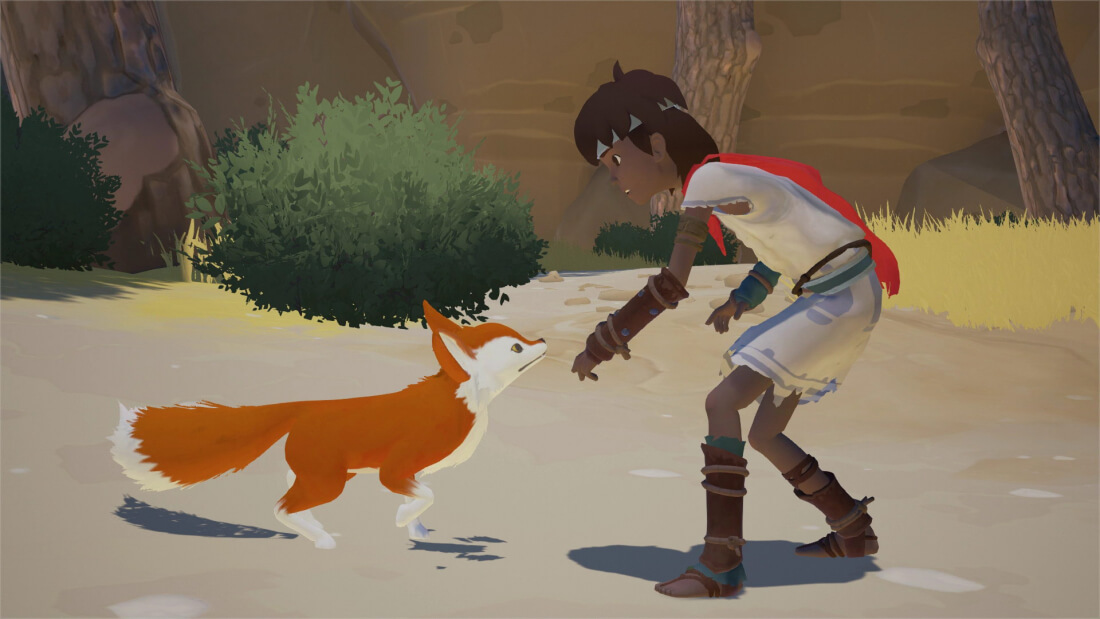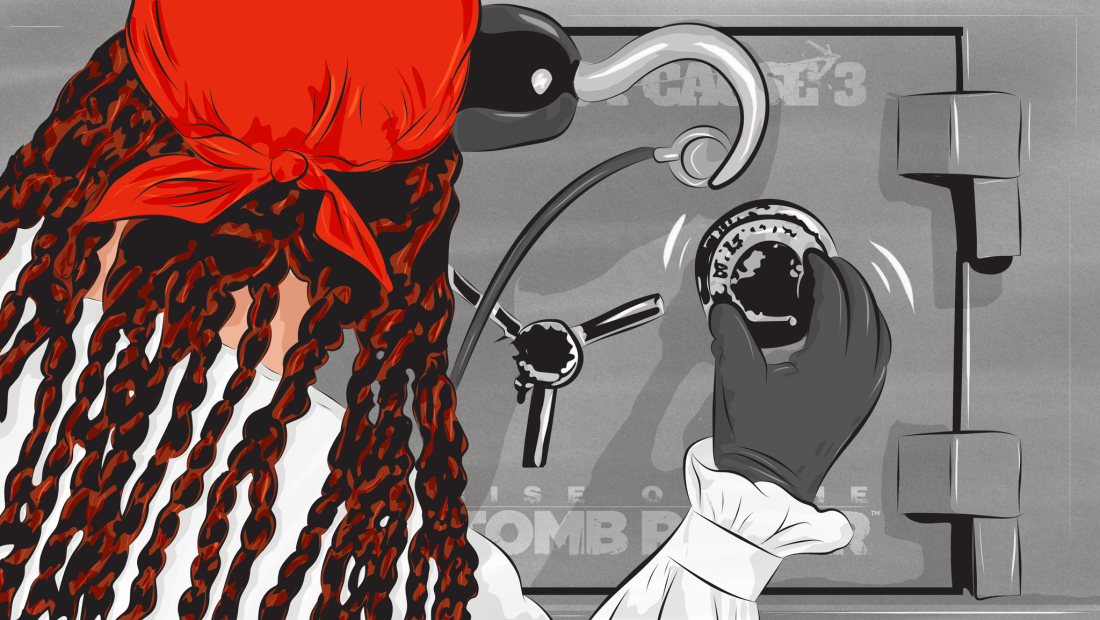Even though it seems to have been getting cracked left and right recently, Denuvo anti-piracy software has been a thorn in the side of software pirates since it was first introduced. However, in a bizarre and ironic twist, Denuvo Software Solutions is now being accused of piracy.
Update (Jun 6): We've been alerted of an update on this story. In short, Denuvo and VMProtect have either solved their differences or there were no differences in the first place. A short blog post on VMProtect's website reads today: "Referring to this circumstance we want to clarify that DENUVO GmbH had the right to use our software in the past and has the right to use it currently as well as in the future."
Clearly Denuvo is no gamer's favorite company – though in all fairness, they're barely to blame for creating anti-piracy technology, while it's more game publishers' fault for utilizing it at the expense of troubling paying customers. Anyhow, this statement from VMProtect should put this topic to rest.
According to TorrentFreak, VMProtect Software has accused Denuvo Software Solutions of using an unlicensed version of its anti-piracy software. Three years ago, the two companies had been in talks regarding licensing terms. Denuvo wanted to use VMProtect's anti-piracy solution to protect its own software. VMProtect made it clear to Denuvo that because of the nature of the software, the standard $500 licensing fee would not be enough. This assertion makes sense considering Denuvo would be integrated into thousands of other pieces of software. Despite this, Denuvo decided to purchase a $500 license and use the software regardless.
It is worth noting that these allegations should be taken with a bit of skepticism since the source is an anonymous poster on a Russian forum that goes by the handle drVanо who claims to be a developer at VMProtect.
He maintains that VMProtect has informed Denuvo that they have revoked its license and offered to accept a modest compensation package, but Denuvo ignored the deal. VMProtect then contacted anti-virus company Sophos and requested that it start flagging "offending versions of Denuvo as potential malware." The move to flag Denuvo as malware is not much more than a Bandaid to the larger concern, but drVano says that VMProtect is in the process of formulating a formal complaint with it ultimately leading to legal proceedings.
"In two years time I'm afraid there will be no free games to play in the world." - Chinese cracking group 3DM
Denuvo's anti-piracy software had been very effective in preventing piracy groups from cracking games. The software, which is a "secondary encryption system" used to strengthen the DRM in games, was so good that for a while it had some software pirates ready to quit. Then last summer the cracking group CONSPIR4CY released Rise of the Tomb Raider with a cracked version of Denuvo.
Since then other games such as NieR Automata and Prey have been cracked very quickly. In an attempt to combat its rapidly increasing failure rate, Denuvo expanded the number of checks the software conducts, specifically on the recently released game Rime.
TorrentFreak reported the new checks as "out of control" as they significantly affect performance and load times. The software allegedly performs 300,000 triggers "during initial game launch and savegame [sic] loading."

That is compared to the 1000 checks that the software executed in previous games. It also calls for anywhere from 10 to 30 triggers per second during gameplay and after 30 minutes of playing the software has performed over 2 million checks.
Despite the ridiculous increase of validation Denuvo added for Rime, the game was still cracked just days after it was released reported Polygon. Rime developer Tequila Works has been receiving numerous complaints about the title's performance, and the company said they would remove Denuvo if it was cracked. True to its work Tequila Works has released a DRM-free version of Rime and released it to Steam.
Top image credit: Kotaku AU
